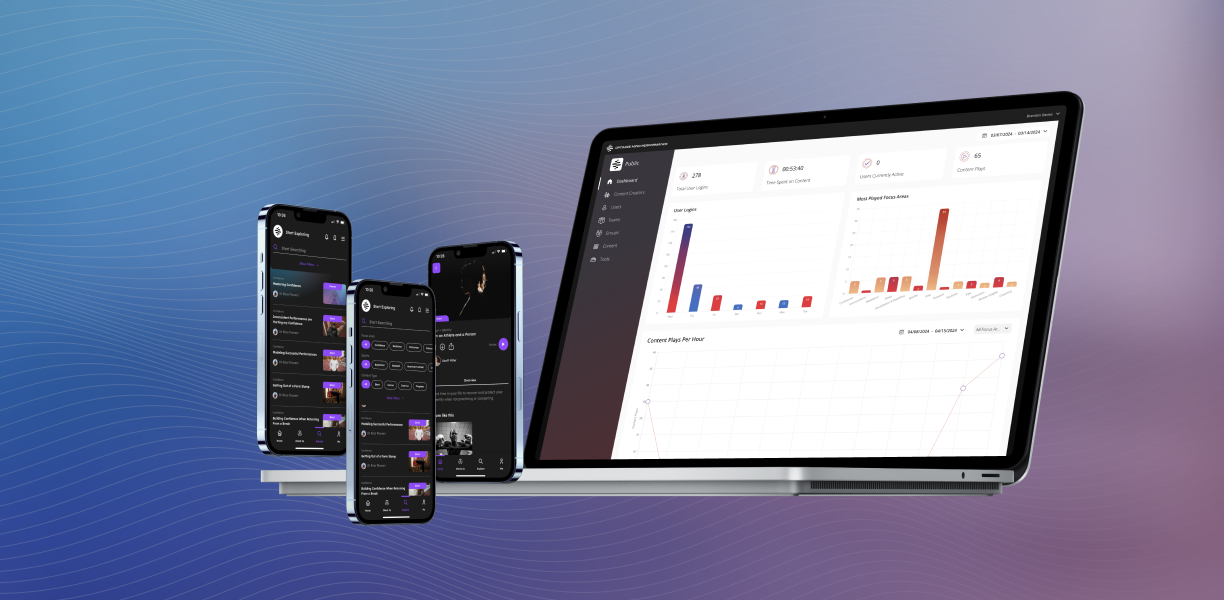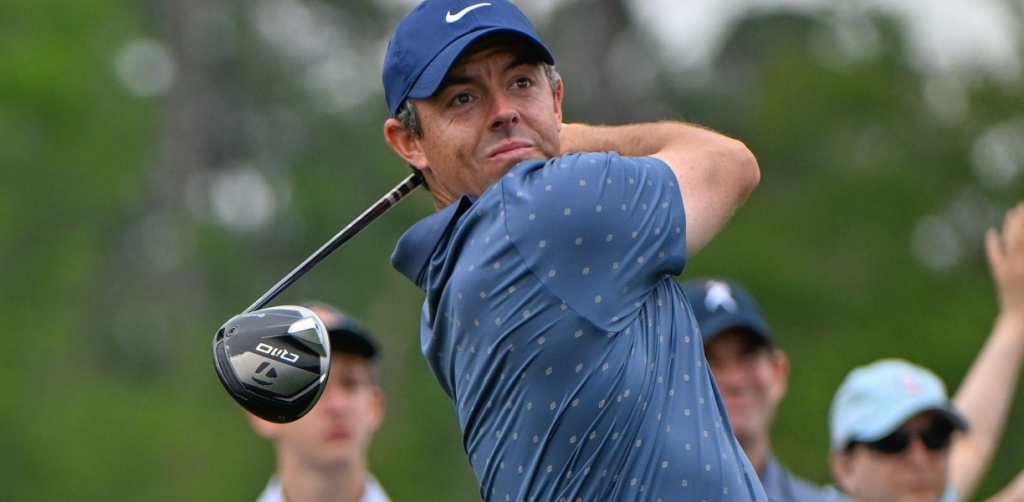Author – Vedika Jogani
Vedika Jogani is OMP’s Product and Content Manager
For elite athletes, performance optimization is what separates the good from the great.
At this level, the focus isn’t just on improving physical ability – it’s about preventing underperformance and developing strategies to consistently reach peak potential.
That’s where psychological skills training (PST) comes in, and increasingly, technology (like OMP) is becoming a powerful tool to make it more effective.
What counts as “technology” in this space?
EEG, neurofeedback, video systems, wearables, eye tracking, GPS, and other tools that collect, process, and deliver feedback in real time.
These aren’t just gadgets, they’re part of a growing toolkit helping athletes, coaches, and sport psychology professionals monitor, assess, and enhance performance.
In a review by Siekańska et al (2021), researchers analyzed studies to understand how various technologies are being used to improve the effectiveness of PST for elite performance.
Their goal: to answer two key questions:
- Which technologies can be helpful for sport psychologists in practice?
- How can these technologies be integrated effectively?
What the Review Found
1. Technology strengthens mental training.
Tech tools support daily monitoring, build athlete self-awareness, and provide real-time feedback.
When used well, they can improve skills like visual control, stress and anxiety management, recovery, and mental toughness.
2. A combination of subjective and objective measures matters.
Using both self-reports and performance or physiological data provides a more complete understanding of an athlete’s mental state.
This balanced approach not only tracks progress more accurately but also helps fine-tune interventions to improve mood, sleep, focus, and emotional regulation.
3. Tech supports tailored strategies.
Tracking psychophysiological data allows coaches and psychologists to create customized mental training plans.
This can enhance resilience, reduce injury risk, and improve performance across sports.
There’s a growing consensus: we need a clear, unified framework – ideally based on a Grand Unified Theory of Performance – that outlines how technology should be meaningfully integrated into PST.
This framework should emphasize the athlete’s interaction with their task and environment, guiding professionals in applying the right tools at the right time.
Technology is not a replacement for PST – but a powerful support system.
When used intentionally, it can help reduce error, improve measurement accuracy, and deliver more personalized mental training.
That’s where Optimize Mind Performance can offer a power tech solution to help your organization deliver PST programs to athletes.
To learn more about how we can help your organization get in touch – [email protected].




